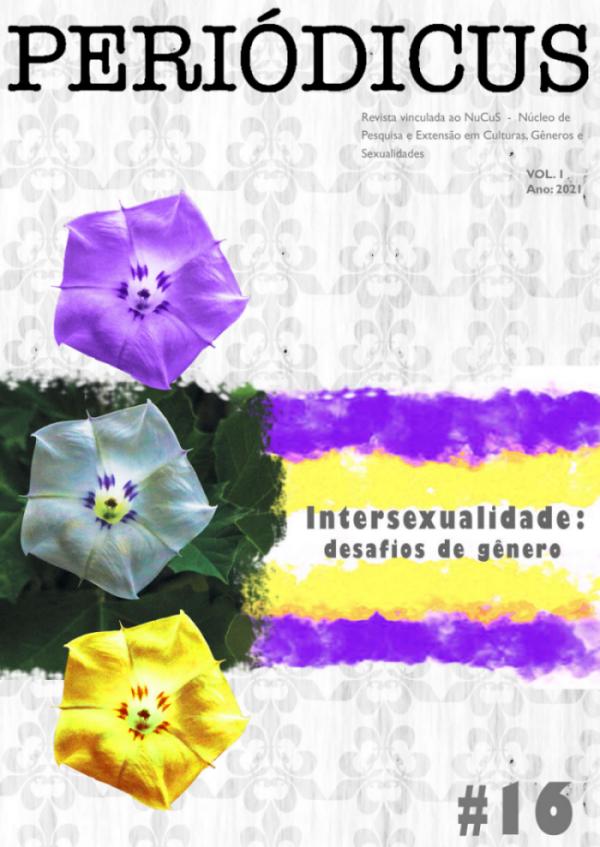Bodies that defy norms: Public Defender’s narratives about intersexuality
DOI:
https://doi.org/10.9771/peri.v1i16.42824Abstract
This article aims to analyze how the Human Rights Bureau of the Public Defender’ office of the State of Pará, Brazil, acts in the legal demands of intersex people, from a semi-structured interview with this public agency government employee. First, we will discuss intersexuality as a “potentially dangerous” life for the heterosexual matrix. Second, we will analyze the legal demands of intersex people in the Human Rights Bureau. Finally, we will present the challenges and advances in the protection and guarantee of the rights of intersex people. In conclusion, Medicine and Law are two major fields of normalization of intersex individuals in the binary logic of gender, and in this context, the obligation of a legal sexual definition and the performance of corrective surgery may end up becoming human rights violations.
Downloads
Downloads
Published
How to Cite
Issue
Section
License
Copyright (c) 2021 Manoel Rufino David de Oliveira, Alisson Costa Gonçalves

This work is licensed under a Creative Commons Attribution-NonCommercial 4.0 International License.
Autores que publicam nesta revista concordam com os seguintes termos:
Autores mantêm os direitos autorais e concedem à revista o direito de primeira publicação, com o trabalho simultaneamente licenciado sob Licença Creative Commons Attribution Noncommercial que permite o compartilhamento do trabalho com reconhecimento da autoria e publicação inicial nesta revista, sendo vedado o uso com fins comerciais.
Autores têm autorização para assumir contratos adicionais separadamente, para distribuição não-exclusiva da versão do trabalho publicada nesta revista (ex.: publicar em repositório institucional ou como capítulo de livro), com reconhecimento de autoria e publicação inicial nesta revista.
Autores têm permissão e são estimulados a publicar e distribuir seu trabalho online (ex.: em repositórios institucionais ou na sua página pessoal) a qualquer ponto antes ou durante o processo editorial, já que isso pode gerar alterações produtivas, bem como aumentar o impacto e a citação do trabalho publicado (Veja O Efeito do Acesso Livre).







